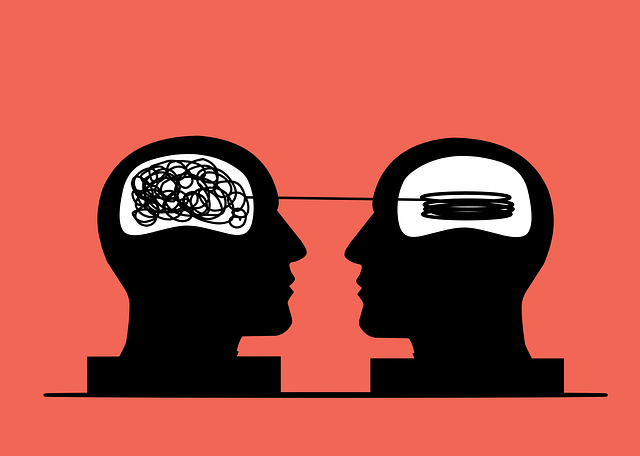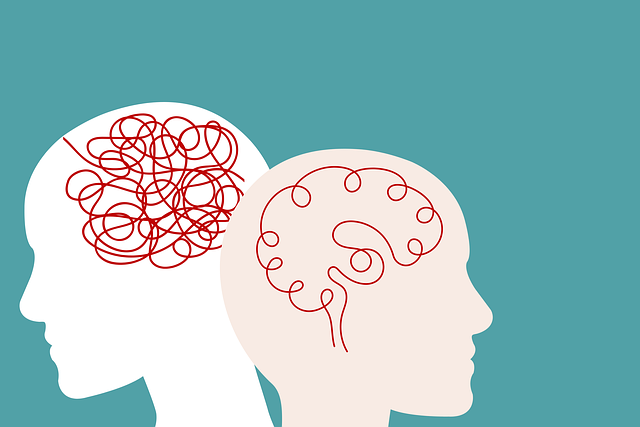Louisville's mental health services face disparities in catering to men due to cultural expectations discouraging emotional expression and therapy. Local advocates are revolutionizing Louisville mens issues therapy through targeted initiatives, peer support groups, and policy analysis. These efforts aim to normalize self-care, break down stereotypes, and improve outcomes by empowering men with tools for stress management and emotional expression. Collaborative partnerships enhance the city's mental health landscape, fostering a supportive environment for all while tracking success through tangible outcomes in participation rates and improved well-being.
Louisville, a vibrant community, faces unique challenges in mental health advocacy, particularly regarding men’s issues. This article delves into the complex landscape, exploring a comprehensive assessment of the city’s mental wellness needs. We uncover common struggles faced by men in Louisville and present innovative strategies, focusing on therapy and support groups as powerful tools for empowerment. Additionally, we highlight successful partnerships that drive holistic care and measure the significant impact of these advocacy initiatives, including Louisville men’s access to effective therapy.
- Understanding Louisville's Mental Health Landscape: A Community Assessment
- The Impact of Men's Issues in Louisville: Uncovering Common Challenges
- Advocacy Strategies: Empowering Men Through Therapy and Support Groups
- Building Partnerships: Collaborating with Local Organizations for Comprehensive Care
- Measuring Success: Evaluating the Effectiveness of Mental Health Advocacy Initiatives
Understanding Louisville's Mental Health Landscape: A Community Assessment

Louisville’s mental health landscape presents a complex web of challenges and opportunities, particularly when examining the unique needs of its male population. A comprehensive community assessment reveals disparities in access to quality therapy services for men, highlighting the urgent need for targeted initiatives. This issue is further compounded by the lack of awareness and understanding surrounding mental health, often perpetuated by societal stereotypes and gender norms that discourage open conversations about emotional well-being among men.
Community advocates have been working tirelessly to address these concerns through various mental health policy analysis and advocacy efforts. By prioritizing male-specific programs, such as peer support groups and specialized therapy models, there is a growing recognition of the importance of tailored interventions. This shift in focus aims to not only improve mental health outcomes for Louisville’s men but also to promote widespread self-care practices by challenging traditional norms and fostering an environment where seeking help is normalized.
The Impact of Men's Issues in Louisville: Uncovering Common Challenges

In Louisville, addressing men’s mental health issues is a growing priority as the city recognizes the unique challenges faced by its male population. Traditionally, men have been socialized to suppress emotions and avoid seeking help, leading to a stark underrepresentation in therapy and mental health services. This cultural stigma significantly impacts the emotional well-being of Louisvilians, contributing to higher rates of anxiety, depression, and even suicide among men. By bringing awareness to these problems, local initiatives are striving to break down barriers and encourage open conversations about mental health.
Common challenges include work-life imbalance, with many men experiencing burnout due to demanding careers and a strong sense of masculine identity tied to professional success. Additionally, unaddressed emotional intelligence can lead to difficulties in relationships and conflict resolution techniques. Louisville Mens Issues Therapy programs focus on providing safe spaces for men to explore these topics, offering support for emotional expression and practical strategies for stress management and conflict avoidance. These efforts aim to enhance overall mental resilience, ensuring men have the tools to navigate life’s challenges while fostering healthier, more supportive communities.
Advocacy Strategies: Empowering Men Through Therapy and Support Groups

In Louisville, addressing men’s mental health issues has evolved beyond traditional approaches to include innovative advocacy strategies. One such powerful method is the utilization of therapy and support groups specifically tailored for men. These platforms offer a safe space where males can openly discuss their emotions, struggles, and challenges, fostering a sense of community and understanding. Through individual or group therapy sessions, men are empowered to develop effective mood management techniques, allowing them to navigate life’s stressors with enhanced resilience.
Additionally, support groups play a pivotal role in building inner strength development and social skills training. By sharing experiences and supporting one another, men can break down societal barriers that often discourage open conversations about mental health. These advocacy initiatives encourage emotional expression, promote healthy coping mechanisms, and foster meaningful connections, ultimately contributing to improved overall well-being for the male community in Louisville.
Building Partnerships: Collaborating with Local Organizations for Comprehensive Care

Mental health advocacy initiatives thrive through collaborative efforts, particularly when partnerships are forged with local organizations. Louisville’s landscape of men’s issues therapy benefits significantly from these collaborations, creating a network of support that addresses diverse needs. By working together, mental health advocates can offer more comprehensive care, leveraging each organization’s unique strengths and resources. For instance, partnerships between therapy clinics, community centers, and social service agencies enable the development of holistic programs that cater to various aspects of well-being.
These strategic alliances foster resilience building within vulnerable populations and provide burnout prevention strategies for healthcare providers. They also promote empathy-building strategies, enhancing understanding and support among diverse stakeholders. Ultimately, these partnerships ensure a more inclusive and effective mental health care system in Louisville, catering to the unique challenges faced by men while fostering a culture of compassion and empowerment.
Measuring Success: Evaluating the Effectiveness of Mental Health Advocacy Initiatives

Measuring success is a critical aspect of evaluating the effectiveness of mental health advocacy initiatives. It’s essential to establish clear metrics that go beyond mere awareness campaigns and delve into tangible outcomes. For instance, tracking participation rates in Louisville men’s issues therapy programs or the adoption of stress reduction methods can provide valuable insights. By assessing the number of individuals seeking help and their subsequent improvements in mental well-being, advocates gain compelling evidence of their initiatives’ impact.
Self-care practices and stress management techniques are often at the forefront of such campaigns. Measuring success could involve surveying participants to gauge their adherence to these practices and the perceived benefits. For example, a survey might inquire about changes in daily routines, stress levels, and overall mental health perceptions before and after exposure to advocacy programs. This data-driven approach ensures that initiatives are not just raising awareness but also fostering meaningful, positive changes in the lives of those they aim to support, such as men facing specific mental health challenges in Louisville.
Mental health advocacy initiatives, such as those focused on Louisville’s unique mental health landscape and the specific challenges faced by men, are pivotal in fostering comprehensive care. By combining therapy, support groups, and strategic partnerships with local organizations, these efforts empower individuals and create a more supportive community. Through effective evaluation and measurement, we can ensure that Louisville’s mental health advocacy initiatives are making meaningful strides in addressing men’s issues, ultimately enhancing overall well-being.








